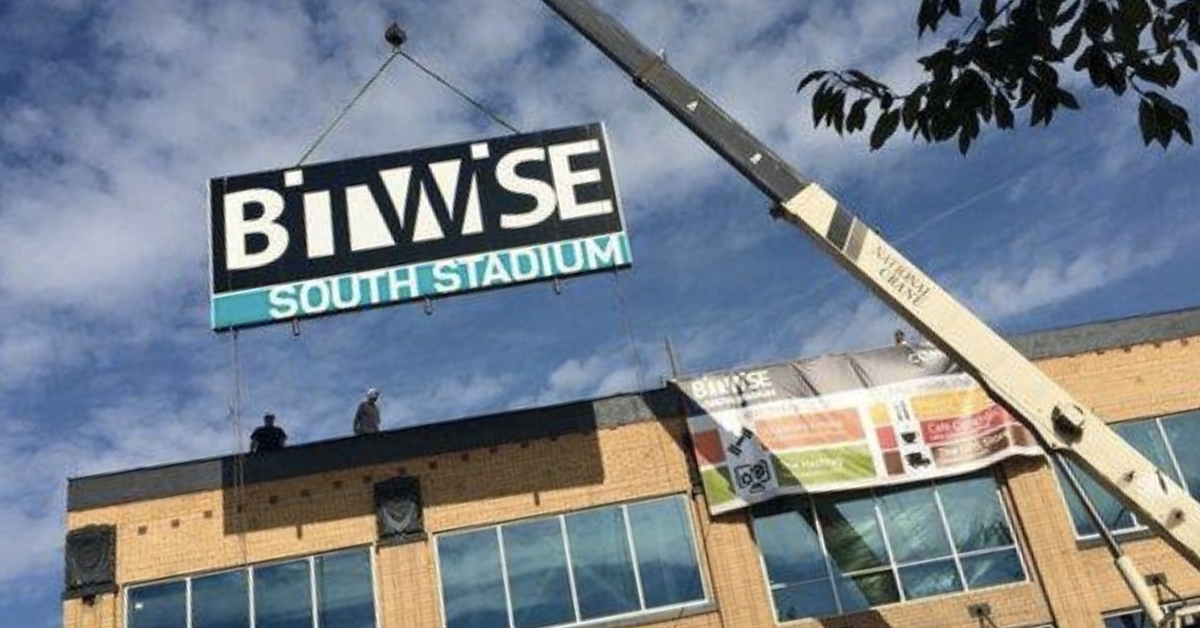The federal government is requesting that Bitwise co-founders and former co-CEOs Jake Soberal and Irma Olguin Jr. spend over 12 years in prison.
The pair, who are scheduled to be sentenced on Tuesday, are each requesting five-year sentences.
The backstory: Soberal and Olguin agreed to a plea deal in July in their $115 million federal fraud case.
- They both pleaded guilty to one count of conspiracy to commit wire fraud and one count of wire fraud.
- As part of the deal, they agreed to pay $115 million in restitution to the victims of their crimes.
- The maximum penalty for the charges is 20 years in prison, and Soberal and Olguin agreed in the deal to not request less than five years in prison.
The big picture: Federal prosecutors are requesting that Soberal and Olguin be sentenced to the low-end of the guidelines, which amounts to 151 months in prison. That would come to a total of 12 years and seven months in prison.
- Sobera, and Olguin did not dispute the guideline calculations and did not file any formal objections.
- Soberal and Olguin both requested a sentence of 60 months. Soberal is requesting that his sentence be served at Federal Correctional Institution, Lompoc. Olguin wishes to be imprisoned at Federal Correctional Institution, Victorville.
Zoom in: In the government’s sentencing memo, federal attorneys wrote that Soberal and Olguin “resorted to Ponzi scheme tactics to prop up Bitwise” until all of their lies caused the company to collapse.
- Bitwise never turned a profit, and Soberal and Olguin exploited social impact investors. They misappropriated their employees’ 401(k) contributions, doctored audit reports and bank statements, forged bank representatives’ signatures on bank correspondence and hired unqualified family members and friends.
- According to the government, their nepotism “allowed them to compartmentalize information and work in secret to spin the elaborate lies needed to conceal and continue with their misconduct.”
- There is “little to no chance” that the $115 million in restitution will ever be paid to the victims, the government said.
- Nearly all of the 1,000 former Bitwise employees lost their jobs, causing some of them to be unable to pay their mortgage or rent, buy food and to delay or forego healthcare services.
What they said: The government’s memo included multiple text message exchanges between Soberal and Olguin.
- On Nov. 11, 2022, they talked about how they could each make $1 million and no one would question it “without seeing fully behind the curtain.”
- Soberal wrote to Olguin on April 29, 2023, that his day dream was to “tell everyone in some public setting there was never any revenue, but there was always a trillion dollar company.… And see what they do with us.” Olguin responded that she “would LOVE that.”
- On April 26, 2023, they boasted about tricking someone into giving them money and how it made them feel strong.
- In another text exchange on April 29, 2023, they talked about how they cheat “old, white, conservative, rich dudes” out of money.
The other side: In Soberal’s sentencing memo, his attorney Eric MacMichael presented the case as a “tragic story” with Soberal only committing his crimes to keep Bitwise afloat.
- MacMichael presented Soberal as a family man with deep ties to the community and a devout Christian faith.
- “The government agrees that Mr. Soberal did not act out of greed or a desire to profit, and that every penny he obtained went towards paying Bitwise’s employees and other expenses,” MacMichael wrote.
- MacMichael said the sentencing guidelines for Soberal are unhelpful because Soberal is “the extremely rare fraud defendant who did not seek to gain financially from his misconduct.”
- Over 70 letters were submitted in support of Soberal.
- The memo said Soberal resorted to alcohol abuse as a coping mechanism when Bitwise started to fail. MacMichael also wrote about how Soberal was bullied by classmates as a child for being obese.
- Olguin’s attorney, Daniel Olmos, wrote in her sentencing memo that she did not commit the fraud for her own personal gain, with all of the money raised by investors put back into the company.
- Olmos wrote about Olguin’s upbringing “in a very poor household” and how she first worked in the fields at the age of six.
- Olmos also wrote about how Olguin “came to understand herself in high school as being queer, but was too afraid to tell anyone else after watching one of her childhood friends be terrorized in school for appearing gay in an era when being queer was a dangerous thing to be.” Olguin’s family would also not accept her as gay, according to Olmos, since “their hatred had a violent tone.” “The fear Irma lived with was damaging,” Olmos wrote, adding, “She describes living in ‘the closet’ as ‘its own prison.’”
- Over 60 people wrote letters in support of Olguin, characterizing her as a compassionate person.








